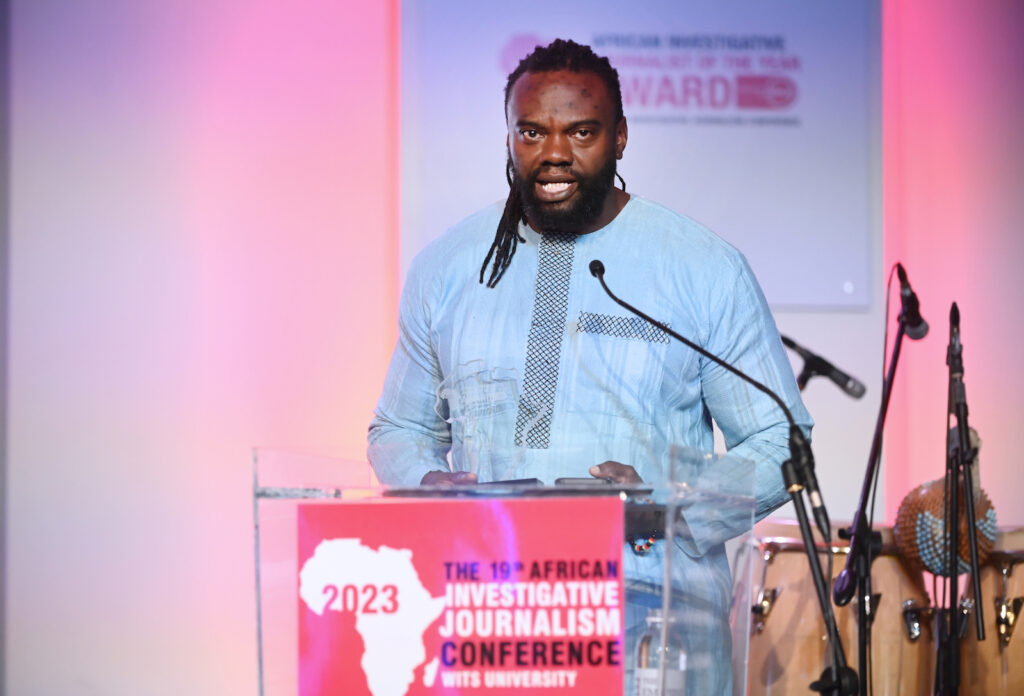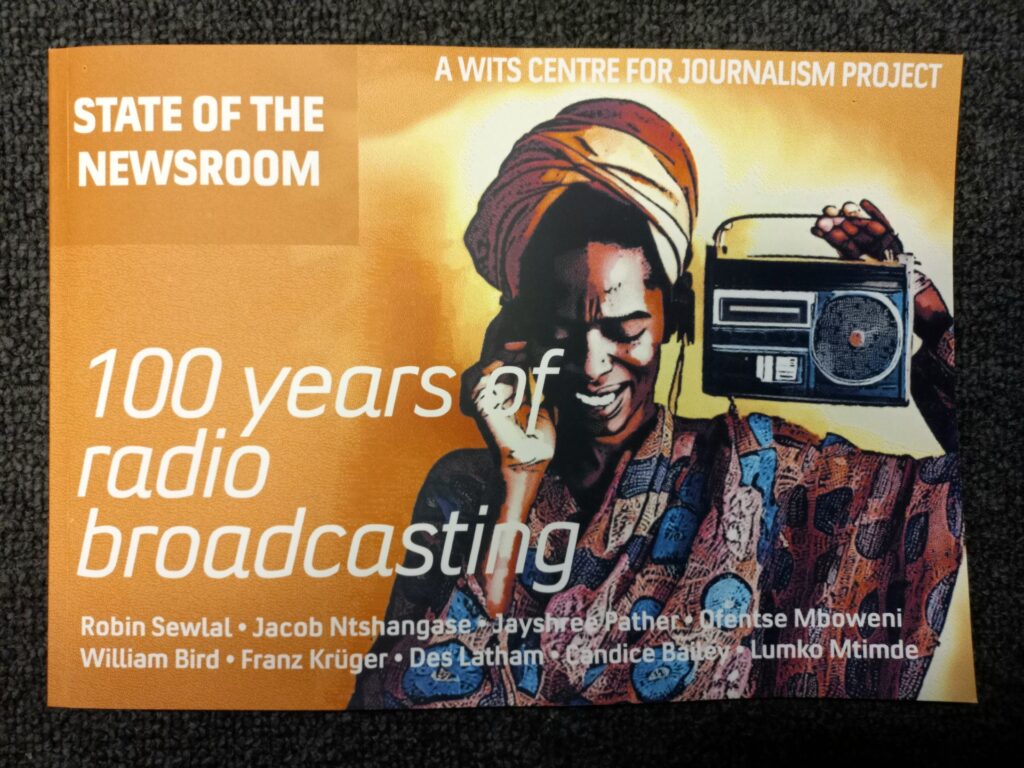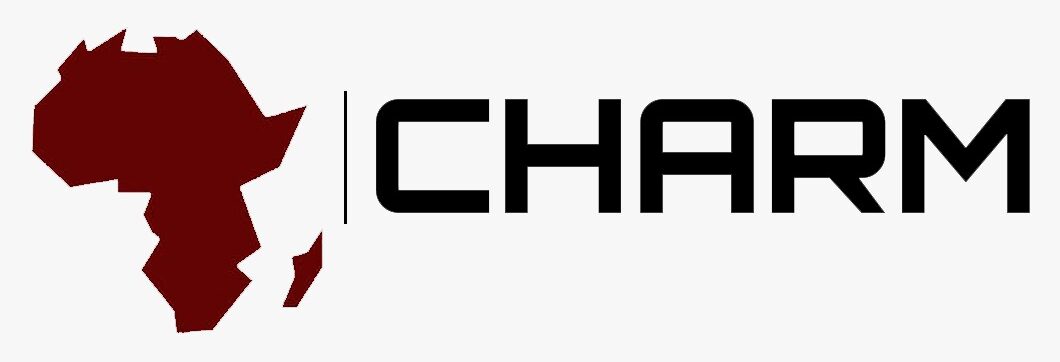Towards an empowered media: WITS efforts to strengthen media in Africa

By CHARM Team
Media, often known as the fourth state, has over time proven to be one of the strongest arms of a free and democratic society. Media organizations have, over the years, been key in holding governments to power, demanding accountability, exposing corruption and ensuring culprits are bought to book. This, however, has often been met with a lot of opposition. Media continues to face a lot of backlash, intimidation and harassment, slander and in some cases, being shut by governments across sub-Saharan Africa.
Yet, in the background of such heavy resistance, CHARM partner, Wits Centre for Journalism is on a mission to ensure that the continent is not left behind in media development and Expansion of media freedoms. Based in Johannesburg, at the heart of South Africa, Wits continues to spearhead programs that ensures freedom of Expression (FOE).
One of the key flagship projects is the Annual Investigative Journalism Conference (AIJC) that seeks to build capacity for journalists on investigative stories. Now in its 20th year, AIJC brings to the table the best brains in African journalism, to hold discussions around topical issues. Some of the main attractions revolve around issues on misinformation, disinformation and fake news. Data journalism, crypto currencies, organized crime and environmental journalism remain some of the topics that draw the media together. Also attractive is the AIJC fellowships that pairs journalist with mentors, and the newly introduced AIJC investigative journalist awards, which honors the best investigative writers in the continent.

The cover page of the 2023 State of Media report, produced by Wits Institute.
Research remains a key area in enhancing media development. Every year Wits produces A State of the Newsroom report that delves into the developing issues in the media landscape in South Africa. It provided an in-depth analysis and is key in documenting the challenges that the media faces within the 12 months and pushing for more media-friendly policies.
Fellowships and mentorships by professions in the field, is another exciting way WITS is raising a stronger media for the future. Fellows are sponsored to attend the AIJC and paired with experts in the field who can help them report on an issue better. Wits has also spearheaded Investigative Journalism masterclass in Partnership with SKUP (the Association for Critical and Investigative Press in Norway) and Bellingcat that seeks to empower journalist to come up with cutting-edge investigative journalism techniques. Additionally, through partnerships with academic institutions such as ED Ex, the institution provides free online courses on topical issues ranging from digital media policies, media law and media ethics.
WITS invests heavily in journalists’ mental health. One of the key testaments is engaging experts to help them unpack their emotional state. For instance, they recently held an online session presented by Professor Elana Newman, ‘Psychological First Aid (PFA) for First Responders’, which goes through the entire PFA structure in detail. Such initiatives ensure that journalists can be able to handle their mental state, especially when faced in a traumatic situation, and can respond accordingly.
CHARMs partnership continues to play an integral role in ensuring that journalists can practice freely and independently. We continue to work with WITS to see areas of collaboration and play, in our own way, to a stronger media outfit.
